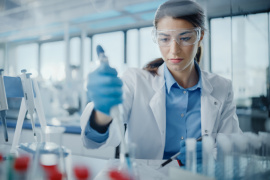
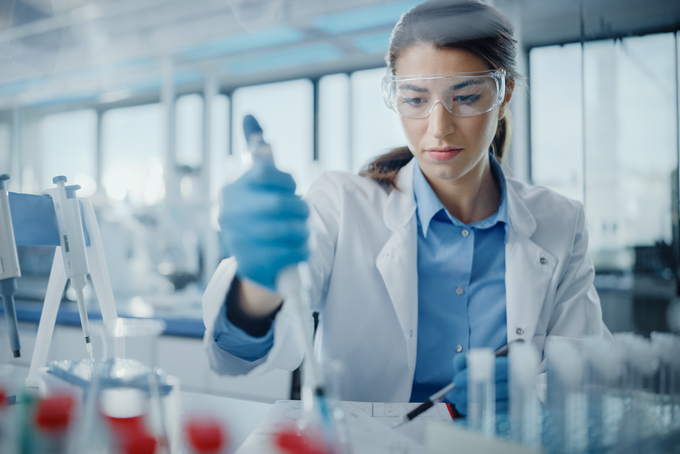
Results Announced for the First Call of the Momentum MSCA Premium Postdoctoral Fellowship Programme Postdoctoral Fellowship Programme
Coordinated by the Hungarian Academy of Sciences, the Momentum MSCA Premium Postdoctoral Fellowship Programme aims to provide outstanding international researchers with the opportunity to carry out independent research projects by joining existing Momentum research groups. Through this initiative, the programme contributes to strengthening both scientific excellence in Hungary and international research cooperation.
TOVÁBB
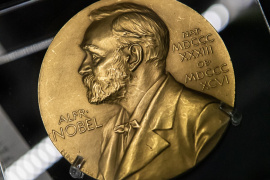
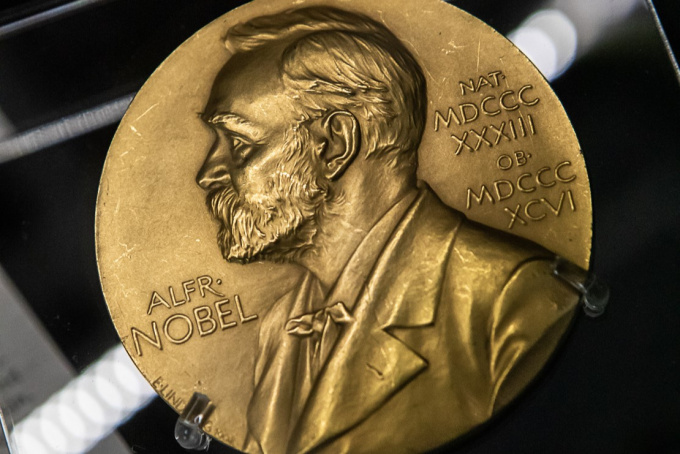
Nobel Prize Winners from Hungary
Who are the Nobel Prize winners researchers who are connected to Hungary by Hungarian birth or Hungarian origin? György Bazsa, Doctor of the Hungarian Academy of Sciences and Professor Emeritus of the University of Debrecen, seeks to answer this question in his article. The aim of his compilation was to provide an overview of the important information available on the subject.
TOVÁBB
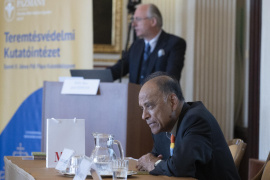
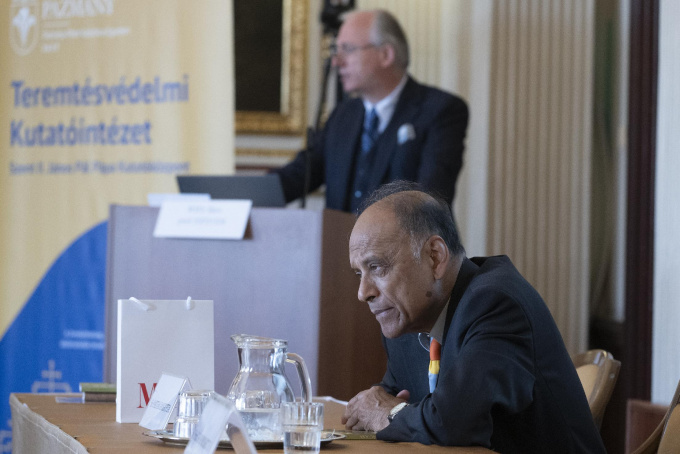
We cannot leave nature’s values out of economic calculations – András Báldi on the Dasgupta report
Sir Partha Dasgupta, who is known worldwide as the author of The Economics of Biodiversity, gave a lecture at the Hungarian Academy of Sciences (MTA). After his lecture, the Indian-born British economist took part in a roundtable discussion with ecologist András Báldi, a corresponding member of the Hungarian Academy of Sciences. MTA asked Báldi about the guest speaker and the report.
TOVÁBB
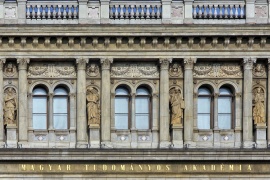
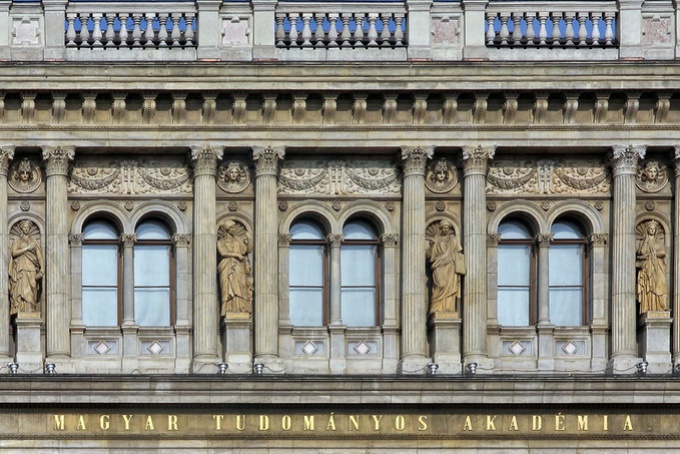
Resolution of the Presidium of the Hungarian Academy of Sciences on the dissolution of the Hungarian Research Network (HUN-REN)
At its meeting of 24 June 2025, the Presidium of the Hungarian Academy of Sciences unanimously adopted the following resolution on the dissolution of the HUN-REN Hungarian Research Network.
TOVÁBB
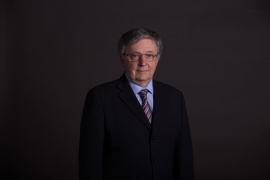
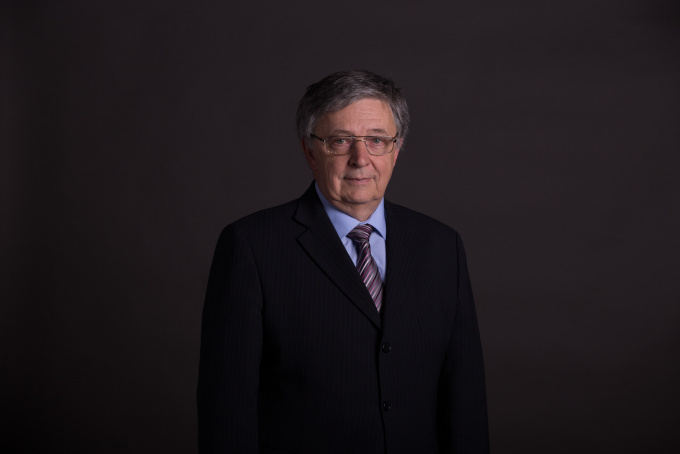
László Lovász has been awarded the Erasmus Medal of the Academia Europaea
The internationally renowned Mathematician, former president of the Hungarian Academy of Sciences is the recipient of the Erasmus Medal of the Academia Europaea in 2025.
TOVÁBB
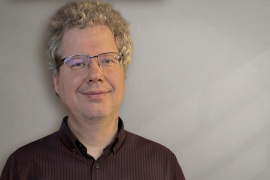
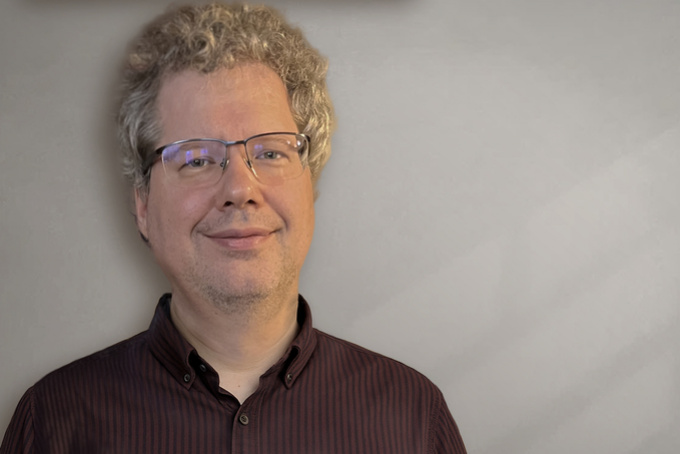
Featured Lendület Researcher: Gergely Harcos
Automorphic forms play an important role in many areas of mathematics, including number theory, geometry, analysis and mathematical physics. Gergely Harcos, Research Professor at the HUN-REN Alfréd Rényi Institute of Mathematics and Head of the Momentum Automorph Research Group, is researching these automorphic forms with the support of the Momentum Programme. According to the researcher, the study of these mathematical objects could even bring us closer to one of the “holy grails” of mathematics, the proof of the Riemann hypothesis.
TOVÁBB

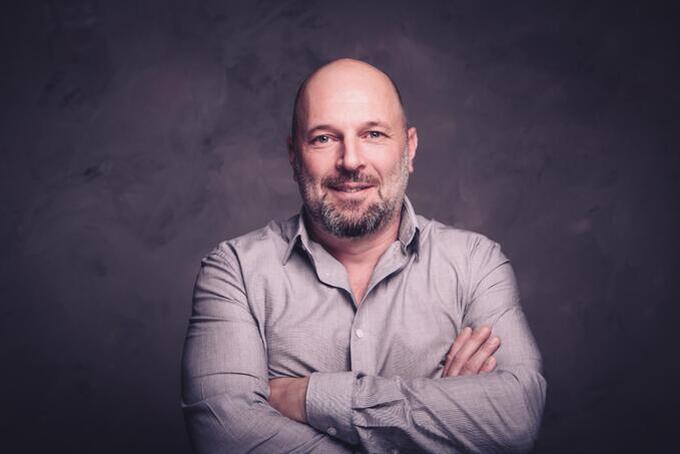
Featured Lendület Researcher: Péter Kele
Péter Kele, Head of the Organic Chemistry Research Group of the HUN-REN Institute of Organic Chemistry at the HUN-REN Natural Science Research Centre, and his colleagues are developing bioorthogonal functional groups that can “switch on and off” the molecule attached to them in response to light. This can be very useful in the case of active pharmaceutical ingredients, for example, as it may be possible to activate the chemotherapeutic agent only once it has attached to a tumour cell.
TOVÁBB
_680_454_1749540940_fill_270x180.jpg)
_680_454_1749540940_fill_680x454.jpg)
Featured Lendület Researcher: Lajos Vince Kemény
Although curing melanoma is considered a success story in cancer therapy, with immunotherapy playing a central role, there are still patients who do not respond well to treatment. Thus, it is of paramount importance to find immunotherapies to which tumour cells do not become resistant or to which they have more difficulty in becoming resistant. Vince Lajos Kemény, Senior Research Fellow at the Institute of Life Sciences and the Department of Dermatology, Nematology and Dermatological Oncology at Semmelweis University, and his colleagues are searching for therapeutic targets with the support of the Lendület (Momentum) Programme and consider it important to bring their results into everyday clinical practice as soon as possible.
TOVÁBB
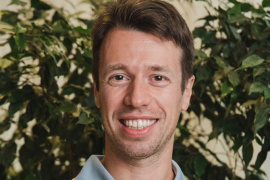
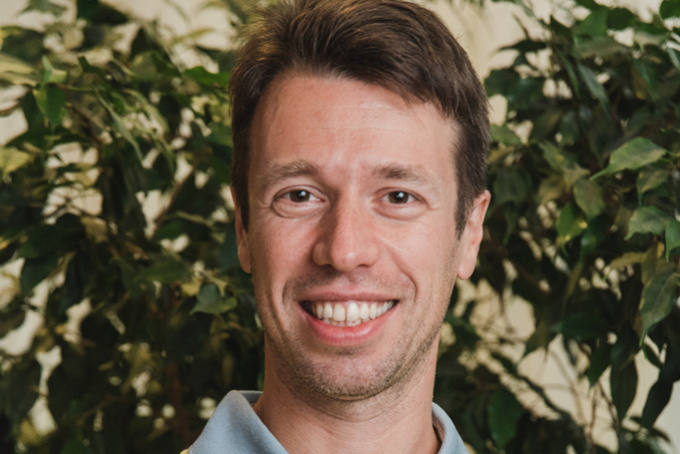
Featured Lendület Researcher: Balázs Hangya
How do the neurons in the lateral septum of the brain, which are important for thinking-related brain function and communicate with each other via acetylcholine, behave? This is the question that Balázs Hangya and his research team, supported by MTA’s Lendület (Momentum) Programme, are trying to answer. In addition to the function of nerve cells, the researchers are also investigating their role in the development of Alzheimer’s disease.
TOVÁBB
_fit_1000x10000_fill_270x180.jpg)
_fit_1000x10000_fill_680x454.jpg)
The Shores of Our National Existence – A short film about the first 200 years of the Hungarian Academy of Sciences
The 199th General Assembly of the Hungarian Academy of Sciences presented a short film, brought to life by artificial intelligence using rarely seen photos from the period, which recalls the fateful events of the first 200 years of the Academy. The film can be viewed in this article.
TOVÁBB
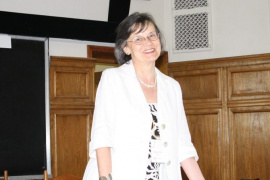
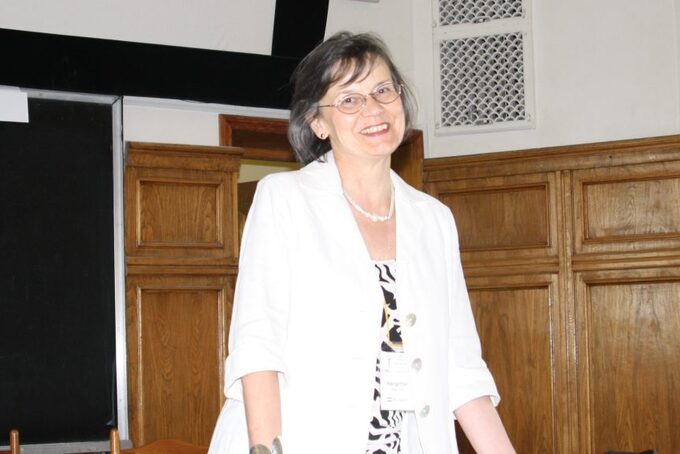
Telling the stories of women scientists: An interview with Magdolna Hargittai MAE
Magdolna Hargittai discusses her latest book which focuses ont he achievements of female sicentists and the importance of role models in promoting and supportint more women in STEM.
TOVÁBB
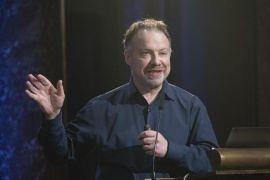
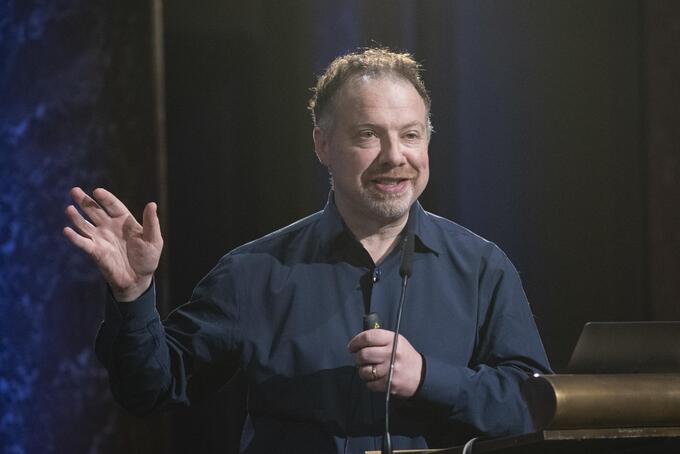
The Surprising Expansion History of the Universe - watch the Lecture by Nobel Laureate Astrophysicist Adam Riess
We had the honor of hosting Adam Riess, one of the recipients of the 2011 Nobel Prize in Physics, as a guest in the Ceremonial Hall of the Hungarian Academy of Sciences, where he not only presented the story of his groundbreaking discovery that stirred the scientific community, but also talked about the far-reaching consequences of it in astrophysics. The video recording of his lecture is available in our article.
TOVÁBB
Announcement on the Nominees for the Chief Officer Posts of the Hungarian Academy of Sciences
The new leadership of the Hungarian Academy of Sciences will be elected by its General Assembly on 9 May 2023. The preparations for the election of the Academy leadership due in 2023 have been completed by the 22-member Nomination Committee, composed of members delegated by the eleven scientific sections, who are either members of the Academy or non-member representatives delegated to the General Assembly, in line with the provisions of the Academy’s Statutes as well as the Committee’s own Rules of Procedure.
TOVÁBB
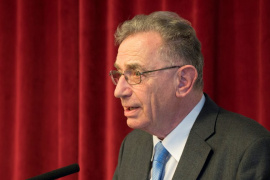
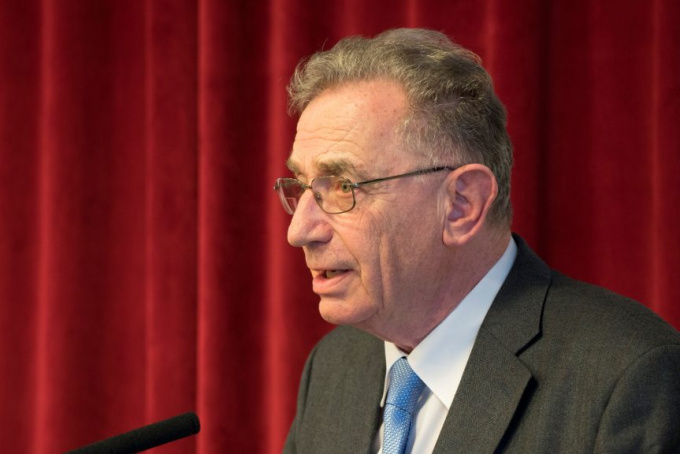
Telling the story of émigré scientists: An interview with Istvan Hargittai by Academia Europaea Cardiff Hub
In this interview, Professor Istvan Hargittai discusses his motivation for writing his latest book ‘Brilliance in Exile,’ which explores the lives of Hungarian émigré scientists who have made significant contributions to science after leaving their country of birth.
TOVÁBB
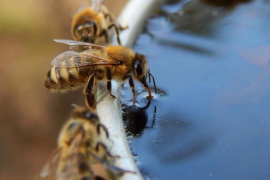
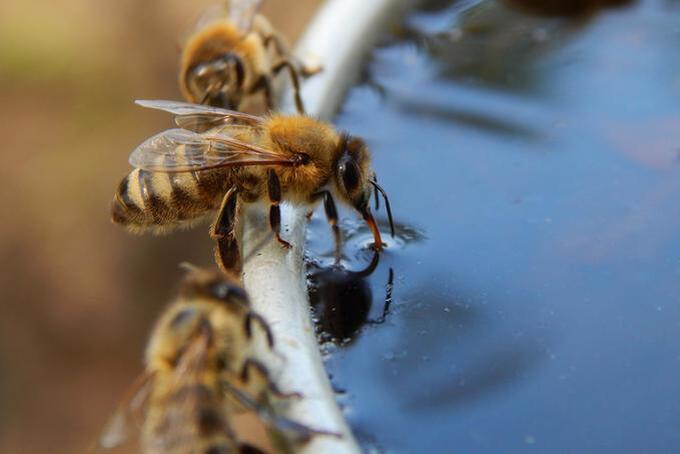
Key Issues in Urban Greening - Video of the special session held at MTA HQ
What is the benefit for us urban dwellers of encountering wildflower meadows or vegetable gardens on our way home? Does sex reversal in a significant number of urban frogs help in adaptation? Are urban birds any smarter than those living in their natural habitats? These were some of the questions discussed at the special session organised by the Academia Europaea Budapest Knowledge Hub on 22 March 2023, which focused on the conservation and restoration of urban habitats.
TOVÁBB
Mathematician Vera T. Sós, Full Member of MTA, Passes Away
Vera T. Sós was born on 11 September 1930 in Budapest. She completed her university studies in the Mathematics and Physics Department of Eötvös Lorand University (ELTE). She was elected a corresponding member of the Hungarian Academy of Sciences in 1985 and a full member in 1990.
TOVÁBB
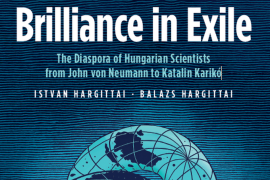
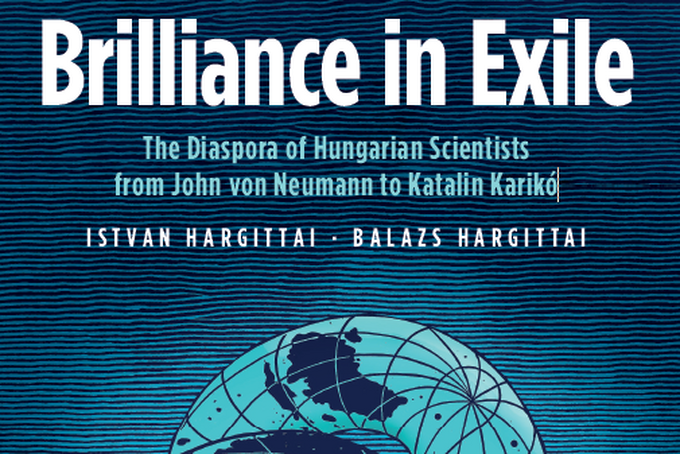
Brilliance in Exile – The Diaspora of Hungarian Scientists from John von Neumann to Katalin Karikó
By unfolding the enigma of the exceptional success of Hungarian emigrant scientists and telling their fascinating life stories, Brilliance in Exile combines scholarly analysis with stimulating portrayals of uncommon personalities. Istvan and Balazs Hargittai discuss the conditions that defined five waves of emigration from the early twentieth century to the present.
TOVÁBB
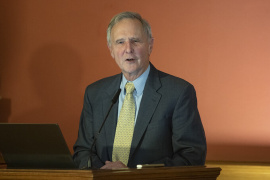
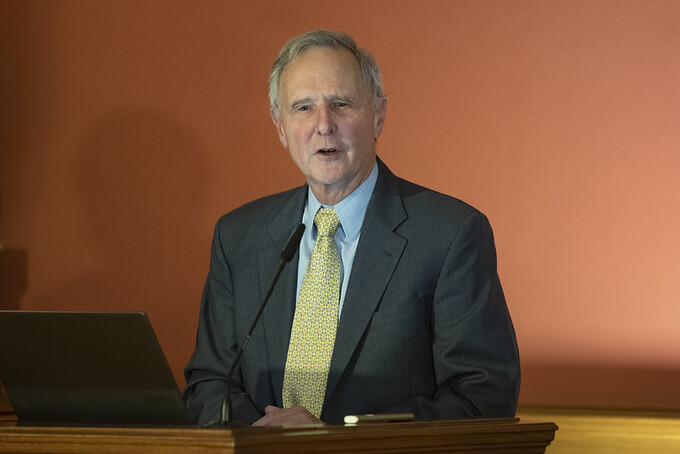
Eric Hanushek: The quality of the teacher is the most important element of schools
Eric Hanushek, professor at Stanford University, is one of the best-known and most influential scholars in the field of economics of education, having worked on a wide range of topics such as teacher quality, the effects of class size reduction, school accountability, and more recently, the relationship between economic growth and the skill levels in countries. Professor Hanushek gave a lecture at Hungarian Academy of Sciences about education in a changing world. On this occasion we asked him about the good teachers, optimal class sizes, talented and average students, the basic skills and the artificial intelligence.
TOVÁBB
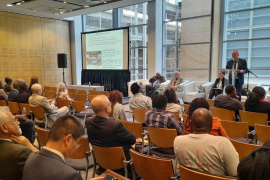
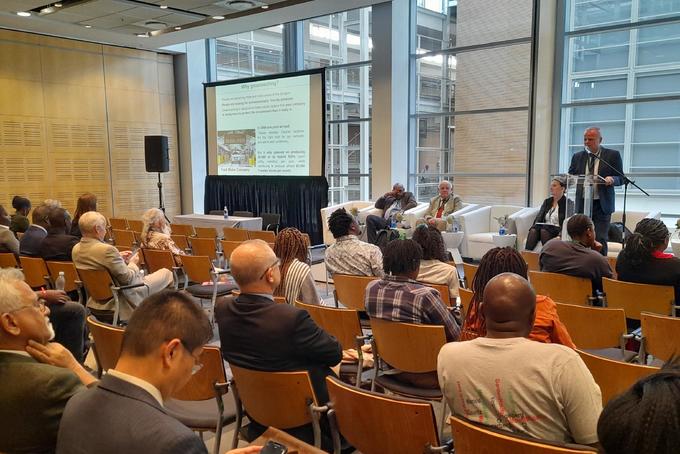
Biosphere reserves under UNESCO patronage – An international programme co-initiated by Hungarians aiming to preserve biodiversity was in the limelight at a side event of the World Science Forum
Biosphere reserves are the outcome of a unique endeavour to integrate research, nature conservation and sustainable development. Their past, present and future were explored at a World Science Forum side event co-organized by UNESCO and MTA under the title “Biosphere Reserves: Shining Gems of Natural Ecosystems”.
TOVÁBB
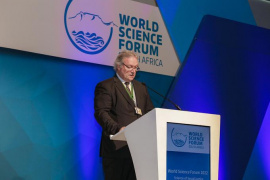
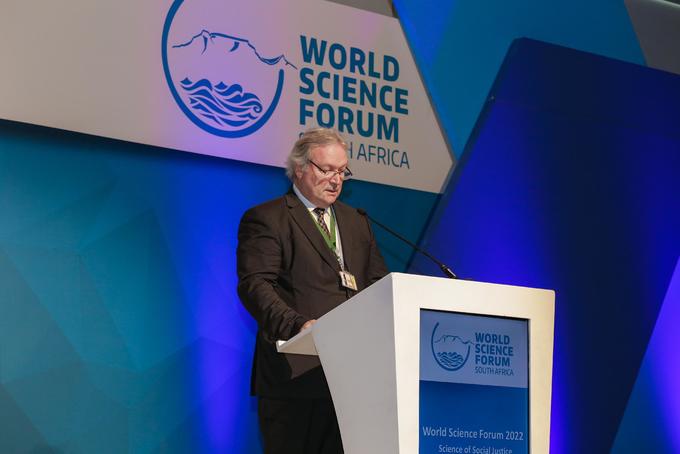
“We cannot afford to waste talented minds anywhere in the world” – welcome address by Tamás Freund at the Opening Ceremony of the World Science Forum
To honour this year’s WSF motto of “Science for Social Justice”, all the speakers of the opening event urged the global scientific community with one voice to put science at the service of society, drawing on all the tools and means at hand, and to make a strong commitment to fighting against social inequalities and all the evils they bring. The World Science Forum in Cape Town officially began on 6 December with the Opening Ceremony, where the co-organising states were represented by their respective Heads of State and Ministers, with the international partner organisations represented by their top executives.
TOVÁBB
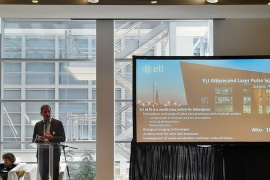
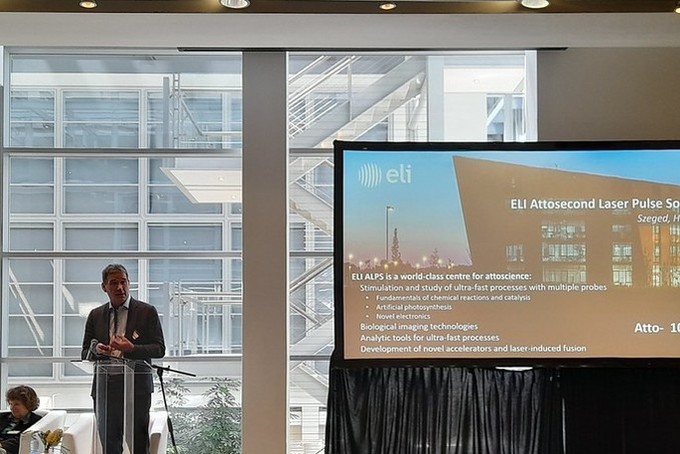
Global challenges call for globally accessible research facilities – How to leverage large research infrastructure for the conduct of basic science for sustainable development?
A side event co-organised by the Alliance of International Science Organizations (ANSO), the Hungarian Academy of Sciences and the Department of Science and Innovation of South Africa, looked into the current availability of and future potential for large research facilities at the service of basic science working towards the fulfilment of the United Nations’ Sustainable Development Goals.
TOVÁBB
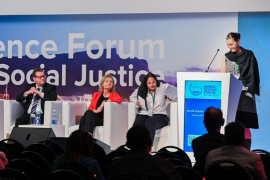
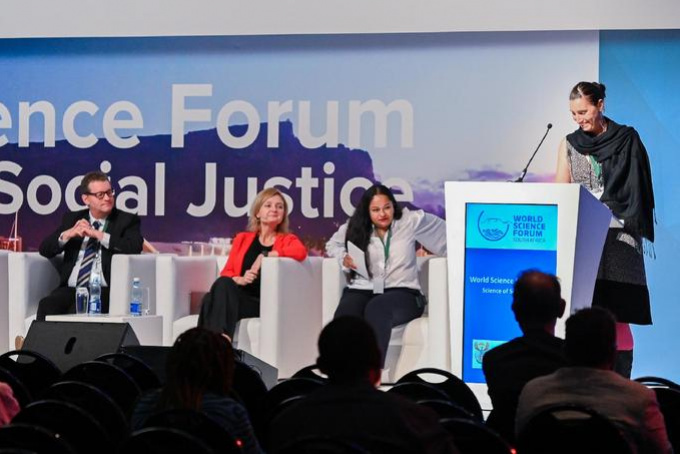
World Science Forum – Science for Climate Justice
The Wednesday afternoon plenary session “Science for climate justice – How can science, working with civil society, lead the way in correcting the failure of climate policy?” was one of the most interesting sections of the whole World Science Forum thus far. Africa is the most authentic location for the discussion of this topic because, unfortunately, the low-income states of the continent will be harshly affected by climate change. Therefore, climate justice will be one of the most important scientific and political problems of the coming decades.
TOVÁBB
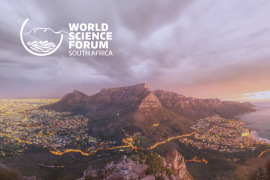
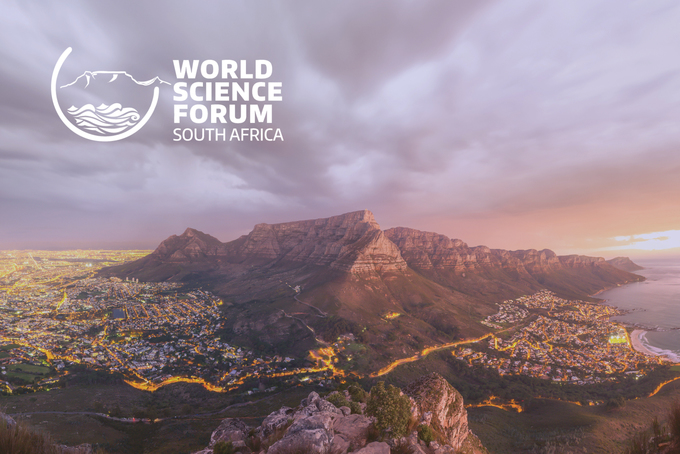
The 10th World Science Forum to Kick Off on Monday in South Africa
The most prestigious global forum for science diplomacy is reaching a new milestone in its history this year: it is visiting the African continent for the first time. The 10th World Science Forum will be taking place in Cape Town, South Africa, from 6 to 9 December 2022. Convened under the main theme “Science for Social Justice”, this year’s forum calls on decision-makers to recognise the vital role that science must play in solving the world’s worsening societal, economic and environmental crises.
TOVÁBB
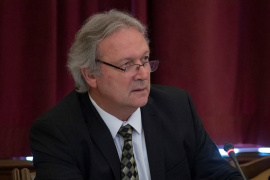
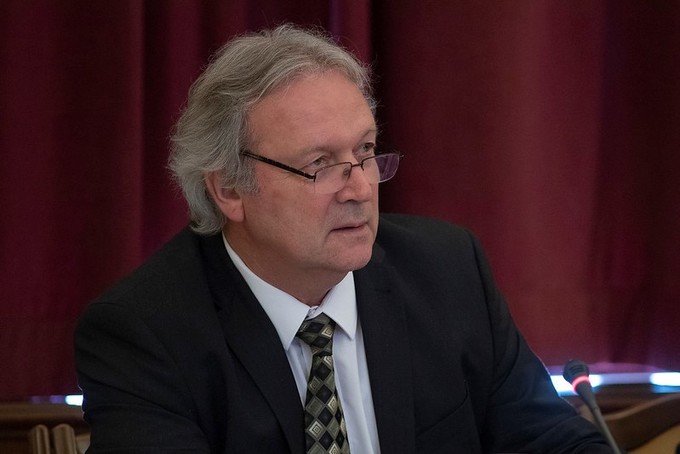
Strategies to boost the performance of V4 countries in the grant schemes of the European Research Council
The delegations of the V4 Academies started their two-day forum with a workshop dedicated to the performance of V4 countries in the grant schemes of the European Research Council. Below is a summary of the main messages of the workshop.
TOVÁBB
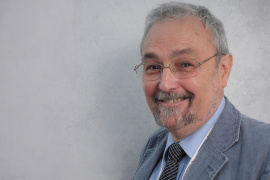
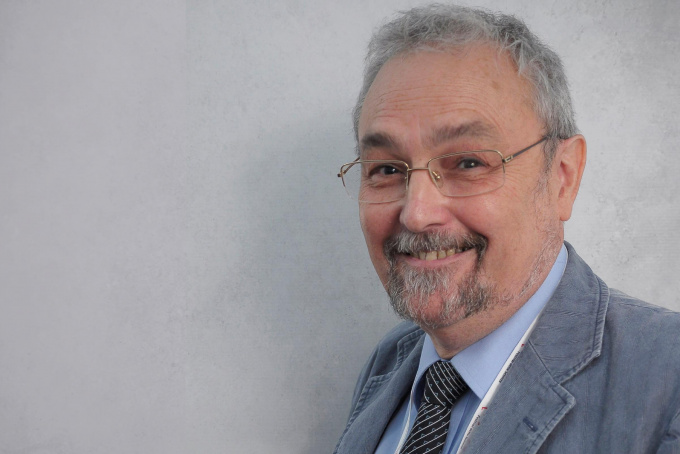
The 150 of Us – An Interview with Robin Dunbar, Honorary Member of MTA, about the Social Network Size Number of Humans
Few are those among contemporary researchers who will have a number named after them. Professor of Evolutionary Psychology at Oxford University and Honorary Member of MTA, Robin Dunbar is actually one of them. The number he introduced has come to feature in each and every book on human evolution. One of the best-known anthropologists of our time, Professor Dunbar. We spoke to him on this occasion, asking him, of course, about the origin and scope of Dunbar’s number.
TOVÁBB


Founding member MTA re-joins Science Europe in new capacity
After three years, the Hungarian Academy of Sciences has returned to the influential scientific advocacy organisation as a research funding institution.
TOVÁBB
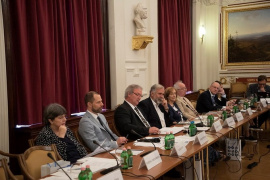
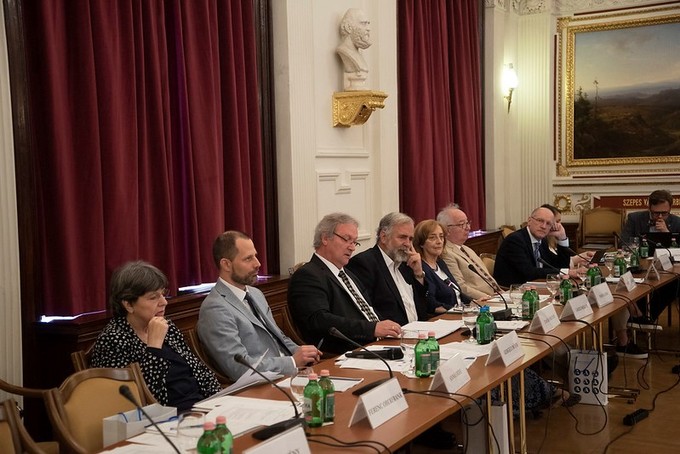
Sympathy and solidarity – Presidents of Visegrad Academies issue joint declaration at Budapest meeting in support of Ukrainian people, scientists and science, condemning Russia’s military aggression
The Visegrad Group Academies Forum held its annual meeting at the Headquarters of the Hungarian Academy of Sciences on 26-27 May 2022. The focus of the two-day meeting was on the success of European Research Council (ERC) grants, the V4 academies’ uniformly outstanding epidemiological research and communication activities, help for Ukraine, young researcher initiatives, and cooperation in the use of European-level research infrastructures and in the application of advanced therapy medicinal products. At the forum, the academy presidents issued a joint statement on the aggression against Ukraine and support for Ukrainian scientists.
TOVÁBB
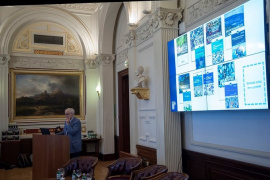
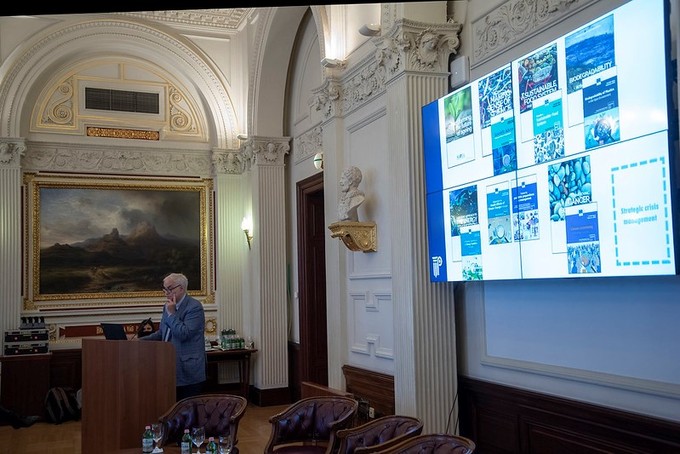
Cancer screening programmes need new foundations – Video of international conference held at MTA HQ
The application of the latest scientific advances and testing techniques, and greater participation by people, could significantly reduce cancer mortality in the European Union, according to a report presented in Hungary at the Headquarters of the Hungarian Academy of Sciences. Watch a video of the conference and read the full report.
TOVÁBB


Call for research proposals for the Research Programme for Public Education Development – 2022
The Hungarian Academy of Scinces announces an open call for research proposals to finance research projects for 4 years (between 1 September 2022 – 31 August 2026), which aim to lay the foundations for the development of education and training by providing new scientific findings and to carry out research on how to renew the pedagogical perspectives and methods for knowledge transfer and the transmission of values.
TOVÁBB
MTA Centre of Excellence – Video of the certificate award ceremony
The Hungarian Academy of Sciences (MTA), on the basis of the recommendation of the Qualification Council for Research Centres (KMT), has given the MTA Centre of Excellence Award to 95 Hungarian scientific workshops and institutions in recognition of their outstanding scientific work. The representatives of the research centres that have won the prestigious award received the certificates at a ceremony at the Széchenyi tér headquarters of the Hungarian Academy of Sciences.
TOVÁBB
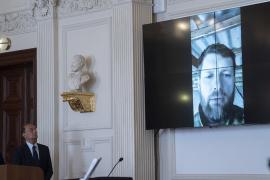
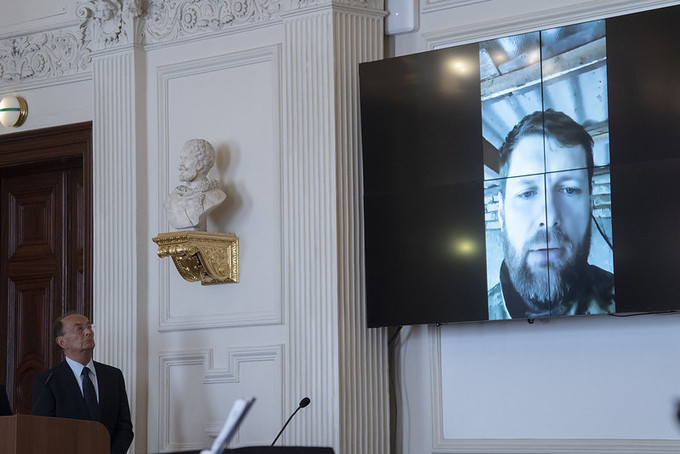
MTA External Members’ Forum features war-related topical issue
In addition to the award ceremonies and toasts, this year’s recipient of the Young Researcher Award has posted a video message from the front in Eastern Ukraine. MTA Vice President György Kosztolányi, meetings chairman of the External Members’ Forum and representative of Hungarian Academy members living abroad, called the viewing of Viktor Traski’s video a historic moment that will be written into the golden book of the Hungarian Academy of Sciences.
TOVÁBB
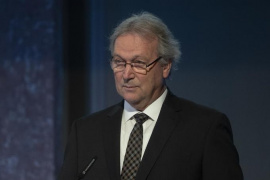
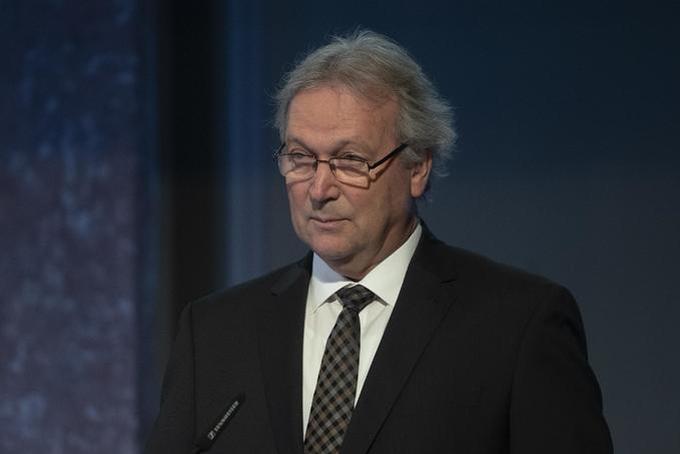
A renewing, proactive Academy, an increasingly active public body – President’s Report by Tamás Freund
“The changes in the external environment and, thus, in the situation of the Academy have forced it to revitalise itself, but MTA has consistently been able to act as a proactive partner and is now more of a master of its own fate than it was two years ago”, said Tamás Freund in his President’s Report at the 195th General Assembly of the Academy. The President of the Academy also announced the launch of several research programmes linked to social and national strategy priorities.
TOVÁBB
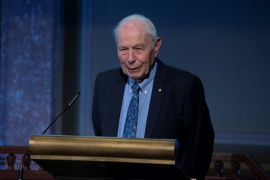
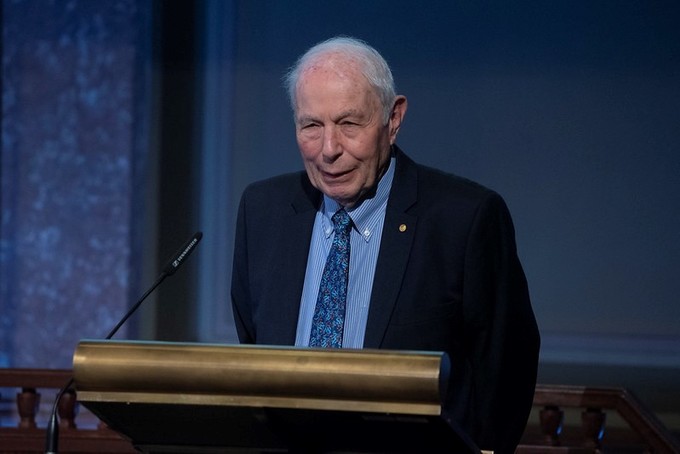
Avram Hershko’s presentation at the Academy – video
Avram Hershko, a Hungarian-born Israeli scientist, who won the Nobel Prize in Chemistry in 2004, gave a presentation at the 195th General Assembly of the Hungarian Academy of Sciences.
TOVÁBB


The intensively raised goat and the organic cabbage – can we have our cake and eat it? New report on regenerative agriculture presented at MTA by the Scientific Advisory Board of the European Academies
According to the latest report of the Scientific Advisory Board of the European Academies (EASAC) on regenerative agriculture, not only is ecologically sensitive agriculture not an enemy of food production but, due to climate change and environmental degradation, it will, in a few short decades, represent our only chance of being able to feed humanity. To explore the background of the report presented at the Hungarian Academy of Sciences on Wednesday 6th of April, we interviewed two Hungarian members of the scientific community who were behind it – Orsolya Valkó and András Báldi.
TOVÁBB
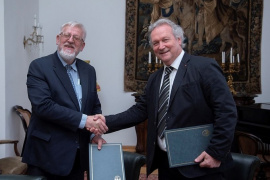
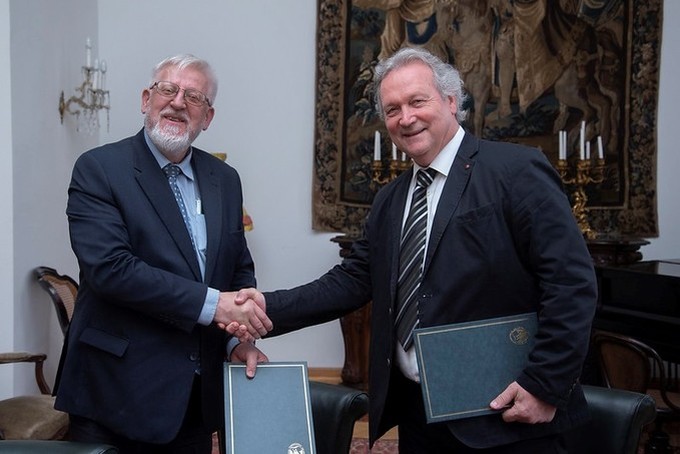
Renewed Bilateral Agreement: The President of the Estonian Academy of Sciences visited MTA
Prof. Tamás Freund, President of the Hungarian Academy of Sciences, received Prof. Tarmo Soomere, President of the Estonian Academy of Sciences, who arrived in Budapest for a meeting of the European Academies’ Science Advisory Council (EASAC).
TOVÁBB
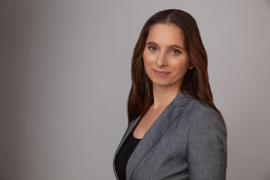
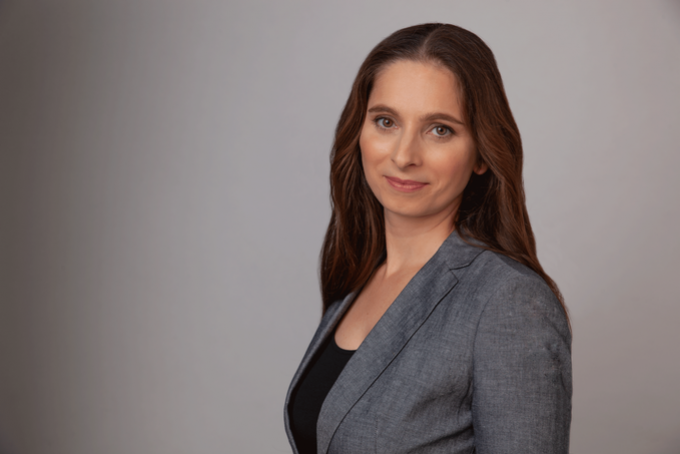
Gaining Momentum: Kata Horváti
The coronavirus pandemic demonstrated that vaccines based on radically new techniques could be more effective than previous ones. They can be developed faster and protect against those infectious diseases where previously there were no vaccines. However, it is not only mRNA that could be the basis of a new type of vaccine: peptides can also be used for this purpose. Kata Horváti, from the HAS-ELTE Research Group of Peptide Chemistry, Department of Organic Chemistry, Eötvös Loránd University, received the Lendület (Momentum) grant to develop peptide-based vaccine strategies. An overview of her research is the next step in the introduction of the researchers who are the latest recipients of the HAS’s programme of excellence.
TOVÁBB
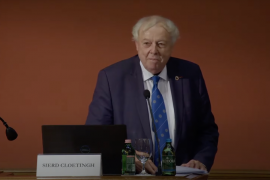
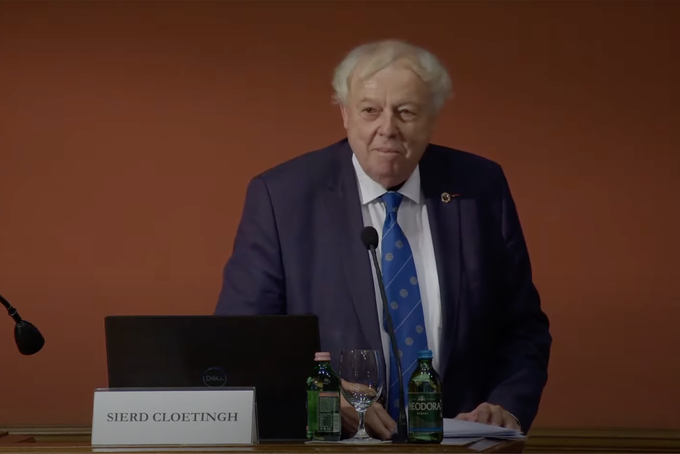
Farewell lecture by Professor Sierd Cloetingh, outgoing president of Academia Europaea, at the Hungarian Academy of Sciences in Budapest
An eminent European Earth scientist’s talk on Europe as a “Natural Laboratory for Frontier Research in Earth Sciences”
TOVÁBB
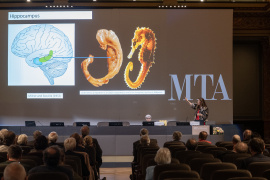
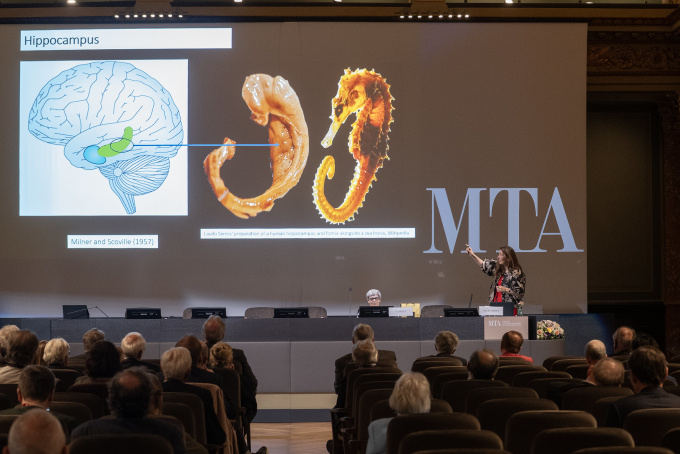
Nobel laureates and renowned foreign researchers at the Academy’s General Assembly: Videos of all the presentations from the AHAA-AMAT conference
Katalin Karikó, May-Britt Moser, Edward Moser, Aaron Ciechanover and László Lovász, former President of the Hungarian Academy of Sciences, also participated in the two-day bicentennial conference of the Association of Hungarian American Academicians (AHAA-AMAT) in the renovated headquarters of the Hungarian Academy of Sciences, which is 200 years old this year. In addition to the Nobel and Abel Prize-winning researchers, presentations were given by renowned Hungarian scientists working and teaching at foreign universities, such as János Sztipanovics, Gyöngyi Szabó, Pál Maliga, Éva Tardos, György Buzsáki and Albert-László Barabási. You can watch the recordings of the lectures within this article.
TOVÁBB


Members elected to the Hungarian Academy of Sciences in 2025
From among the 136 researchers included on the joint list of candidates, the Assembly of Academicians elected the new full, corresponding, external, and honorary members of the Hungarian Academy of Sciences on Wednesday, May 7.
TOVÁBB
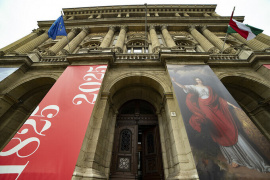
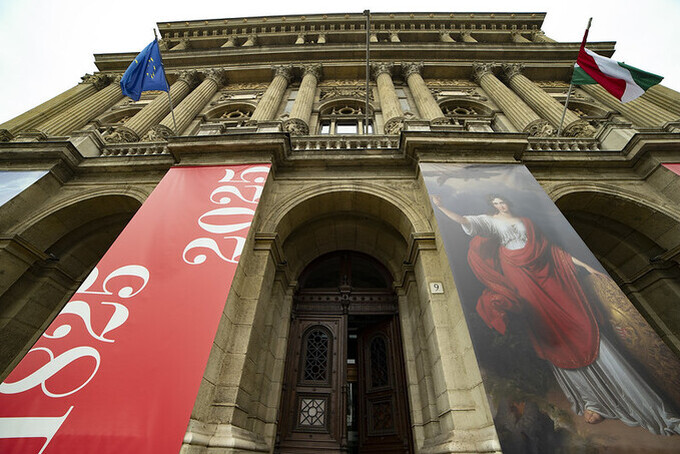
To mark the 200th anniversary of its founding, the Hungarian Academy of Sciences is planning a series of celebrations
The Hungarian Academy of Sciences (MTA) and the Library of the Hungarian Academy of Sciences are celebrating the 200th anniversary of their foundation this year. To mark this milestone, numerous events will take place between May 2025 and December 2026.
TOVÁBB


János Kollár, external member of the Hungarian Academy of Sciences, awarded the János Bolyai International Mathematics Award
This prestigious award is given every five years by the Hungarian Academy of Sciences to the author of the most outstanding and groundbreaking mathematical monograph of breakthrough significance, presenting new results and methods of the author’s own, published anywhere and in any language in the previous fifteen years, taking into account the author’s previous scientific work. According to the committee responsible for the award, János Kollár’s achievements have had an invaluable impact on modern complex algebraic geometry.
TOVÁBB


First Call Announced for the Momentum MSCA Premium Postdoctoral Fellowship Programme
The Momentum MSCA Programme aims to strengthen international visibility and enhance the European and global impact of the MTA’s Lendület Programme by supporting incoming mobility and fostering research excellence. The current call is open for applications from excellent postdoctoral researchers, with the aim of selecting and supporting 15 fellows.
TOVÁBB
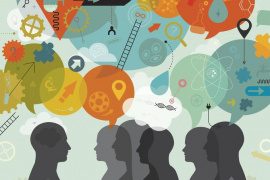

Europe's leading science academies call the EU for investing much more in science
More than 30 European science academies and scientific societies – including the Hungarian Academy of Sciences – signed the open letter, that urges the European Commission, the European Council, and the European Parliament to invest more in technology development, because Europe has lost its leading position in the field of research and innovation.
TOVÁBB


Featured Lendület Researcher: Zsuzsa Bagoly
Literally every minute counts in the effective treatment of a stroke, as the oxygen-deprived areas of the brain start to die immediately. The crisis is most often caused by a blood clot, which is either dissolved by medication or mechanically pulled out of the vessel. However, clot dissolution can have serious side effects, and doctors currently have no quick test to decide on the most appropriate treatment. Zsuzsa Bagoly, Associate Professor in the Division of Clinical Laboratory Science at the University of Debrecen’s Institute of Laboratory Medicine, is working to develop such a test with the support of the Momentum Programme, and the results will be useful in patient care almost immediately.
TOVÁBB


Momentum MSCA Programme: Welcoming Postdocs from Around the World to Join Momentum Research Groups
For the first time, the Hungarian Academy of Sciences (MTA) is announcing a call for postdoctoral researchers from all over the world to join MTA’s Momentum research groups. The winners of the Momentum MSCA postdoctoral call will be able to join the Momentum researchers from January 2026.
TOVÁBB
_680_454_1733819474_fill_270x180.jpg)
_680_454_1733819474_fill_680x454.jpg)
Featured Lendület Researcher: Gábor Czakó
Theoretical chemistry has now moved out of the shadow of experimental chemistry and has become an exploratory science in its own right. Gábor Czakó, Associate Professor and Doctor of the Hungarian Academy of Sciences and head of the Research Group on Theoretical Reaction Dynamics of the Department of Physical Chemistry and Materials Science at the University of Szeged, argues that it is often the case nowadays that if the experimental and calculated results do not match, then there is something wrong with the experiments. The Momentum research group he leads is trying to unravel the molecular and atomic mechanisms of the most fundamental organic chemical reactions using mathematical methods.
TOVÁBB


Featured Lendület Researcher: Márton Bene
The rise of social media, amongst other phenomena, has created a completely new situation in political communication. This may also affect the functioning of political representation, which many political scientists believe has been in crisis in many democracies in recent decades. Márton Bene, Senior Research Fellow at the Institute for Political Science of the Centre for Social Sciences and head of the Momentum research group on Political Representation in the Age of Social Media, and his colleagues are therefore investigating the impact of social media. These effects may not only be at the level of the electorate, but may also influence the messages politicians send.
TOVÁBB
- 409 results



